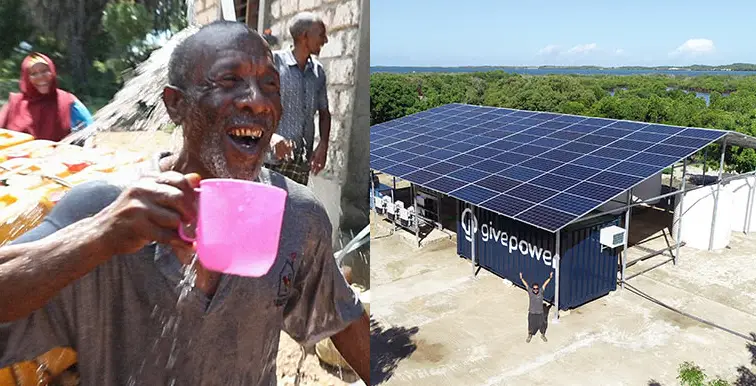Have you ever wondered what water is, what role it has in our lives? You probably are not, because we are surrounded by it every day. Every day we drink it, cook, bathe. But what does water actually mean to us? Can it give us health or can it lead to illness? All life on earth consists of water, and therefore the bodies of all living organisms, plants, animals and humans, consist of 70 – 90% of water. All chemical reactions that take place in us, take place in an aquatic environment. Water does not is just a medium that enables all these life reactions, but water is a very important product of all these reactions. The importance of water for maintaining life, its development and fulfillment is extremely great.
What are the tasks of water in the human body?
Proper blood circulation, brain work, metabolism in the body, regulation of body temperature, functioning of the kidneys and urinary tract, work of the digestive tract (stomach, intestines and proper digestion), work of the muscles and nervous system, for transport of nutrients to each cell.
What impact does water have on children’s development?
There is 80% water in the newborn’s body. In the first year of life it increases its body weight by three times.
Today, there is a growing shortage of quality drinking water. The reason should be sought in the fact that only 1% of the water mass, which is 71% of the surface of our planet, is suitable for drinking; and in the constant pollution of those waters by man. The most common water pollution is chemical pollution, pesticides, carbon and petroleum phenols, heavy metals, lead, copper, chromium, cadmium, mercury and zinc. Thermal pollution includes acid rain, car exhaust, radioactive pollution where we find the presence of strontium and radium. Where does this kind of pollution come from? Surface waters (rivers, lakes) receive a large amount of wastewater that contains biological, chemical, organic and inorganic pollutants.
Kenya is the first country that install the first solar plant that converts ocean water into drinking water. Kenya unfortunately has a shortage of clean drinking water. Fortunately, this is not a problem in most countries around the world. There, drinking water is available in every market and is always available. Unfortunately, there are other countries facing this shortage of clean drinking water, so some Non – Government Organizations are working to solving this problem. Give Power is an organization that deals with this problem, so their project consists of installing a solar – powered desalination system that will bring clean and healthy drinking water to the population of Kenya, in a rural area in Kenya called Kiunga. This system has the ability to produce about 70 thousand liters of drinking water every day, which is enough to satisfy people on a daily basis.
This problem with clean drinking water is becoming a global problem. According to the World Health Organization, 2.2 billion people on the planet face this problem. Some populations face large-scale water problems, namely lack of water for hand washing, which means they do not have enough or no water at all for basic needs. Others also face contaminated water, which they cannot use for drinking. We know that drinking water is a basic need of every living thing on this planet. Similar solutions should be found for other smaller or larger settlements that face a problem such as in rural Kiunga. Water is a basic means of livelihood and no one should face its deficit. The fact is that this is a global problem that we all need to address responsibly.

